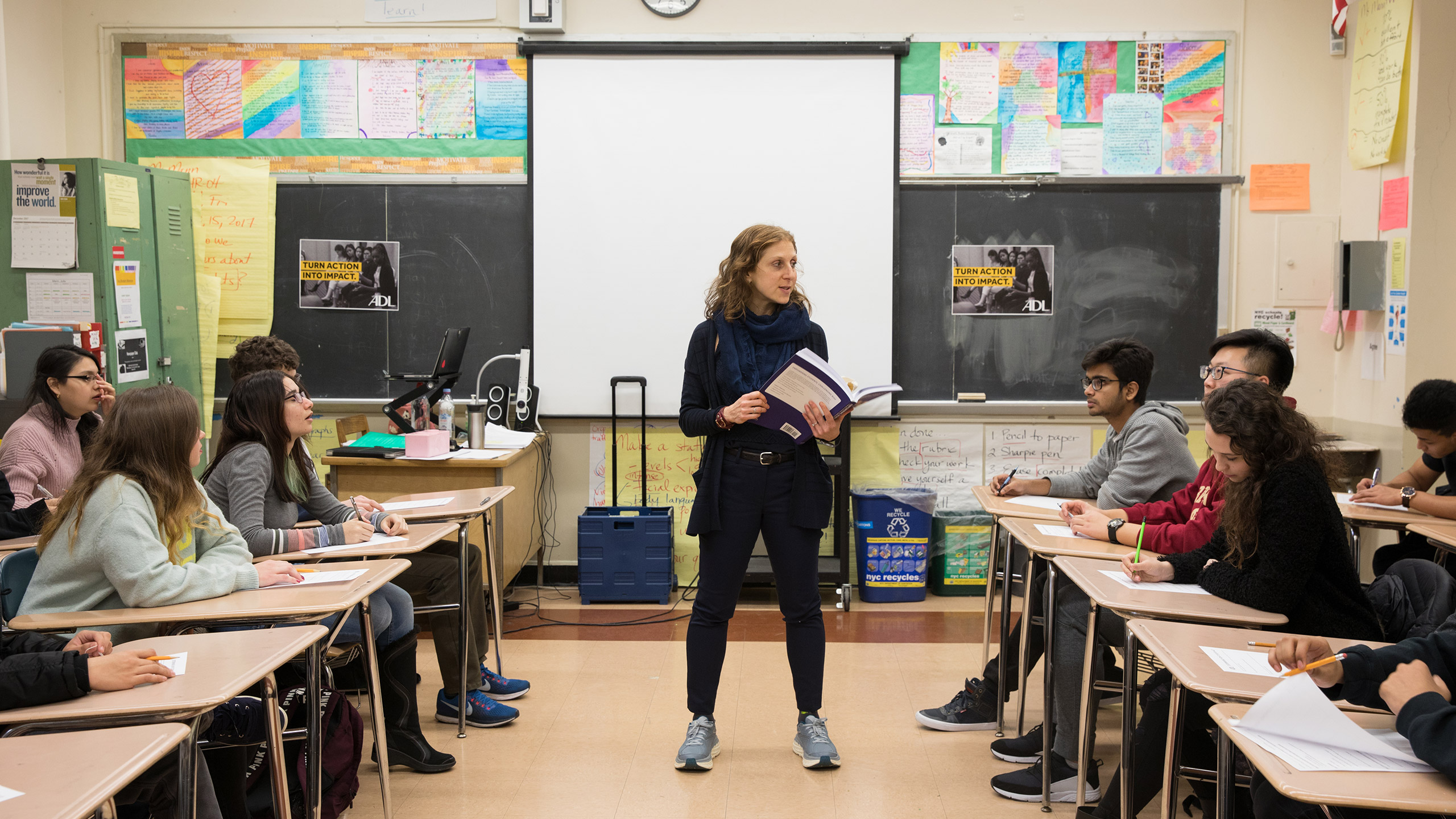What Does A Sociological Perspective Tell Us About Education In The United States?
Автор: Ashersmith smith 09.02.2023
Sociologists have long recognized that education plays a central role in the lives of individuals and society as a whole. This is because education equips people with the necessary skills and knowledge that they need to function in a society and achieve their desired outcomes.
There are several different perspectives that sociologists use to understand education. These perspectives include functionalists, critical sociologists, feminist theorists, and symbolic interactionists.
Functionalist theory of education views education as an important social institution that prepares students for a number of functional roles in society.
For example, functionalists believe that schools help to sort and classify people according to their abilities or potential, which in turn helps them to find jobs and roles within the workplace. They also see that school teaches students about the values and behaviors that they will need in their later life, such as discipline, attachment, and autonomy.
In addition to this, educational institutions also teach about the importance of morality. For French sociologist Emile Durkheim (1858-1917), this was essential to creating a society that could thrive and survive. Have a look here educationdragon to know more:-
Many critics of this theory, including Marxists and feminists, argue that it does not take into account the inequality of power in society. Hence, it does not serve the needs of working-class students and women.
Likewise, sociologists also point to the ways in which education maintains the status quo and disenfranchises the majority of the population. This is because schooling is a mechanism by which people are rewarded for their social and cultural values and those of the dominant culture.
However, these critics also highlight the ways in which education serves to reinforce racial and gender inequalities. For instance, education in the United States has been shown to discriminate against black and brown students, making them more likely to be victims of crime.
The ascribed status of children is another area of concern for sociologists. For example, girls are not often allowed to attend school in some countries due to family pressure or a belief that it is a waste of time and money.
In some societies, people are given hereditary titles, which give them significant social and cultural capital. These titles can be used to advance in education and make it easier for them to find work or get into a good college.
There are also other types of hereditary titles, such as those that make a child rich, or those that have political influence. For instance, some families in the United States have hereditary titles that give their children access to higher education.
For most of the world, formal education is still a privilege that is only accessible to those with wealth and resources. The fact that this privilege is not universal in most nations is an issue of great social concern worldwide.

